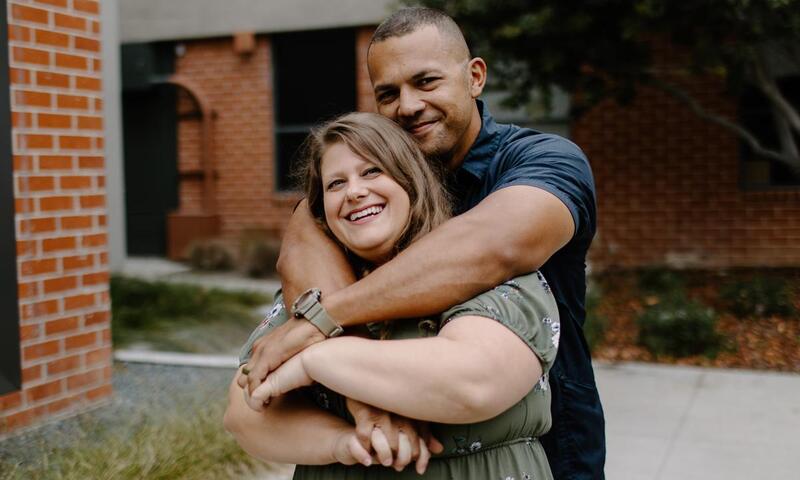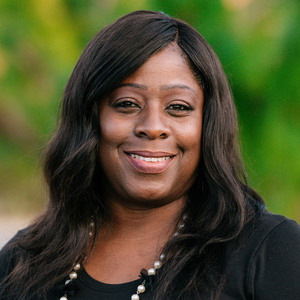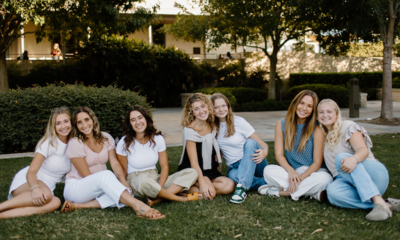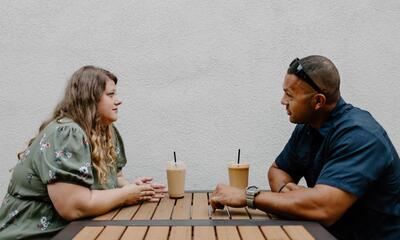How Does Your Attachment Style Affect Your Relationships?

Ever wonder why we relate to people the way we do? In this week’s blog, Attachment Theory Therapist Dr. Jacqueline Mack-Harris explains the effects of different attachment styles and how to find corrective healing through deep relationships.
I am an attachment theory therapist. This means that I believe that we learn to be in relationship in our early life. We learn this from our primary caregivers. Children who had parents who were present, attentive, caring, and responsive to their needs as infants most often grow up to be secure connectors. In other words, they have a secure attachment style. Children whose primary caregiver was distracted, indifferent, neglectful, and or abusive are more likely to develop an avoidant, anxious, or disorganized attachment style. I work from the perspective that humans were created for relationship. I believe that being in a secure relationship is crucial to the health and wellbeing of every person. I define a secure relationship as one where people feel seen, safe, and secure.
Securely attached people typically feel comfortable with who they are and how they show up in relationships. Not in an arrogant I’m-better-than-everyone-else kind of way. Securely attached people are confident not only in themselves but also in the relational space with others as well.
Avoidantly attached people are more likely to say “I’m fine” when challenged by a relational situation. They do not seem to need others. They learned in their childhood that survival required independence. They are good at taking care of themselves. If their partner is expressing a lot of emotion; especially negative emotions, the avoidantly attached person shuts down and checks out.
Anxiously attached people often work very hard to get others to show them that they matter. When the anxiously attached person does not feel seen they can be extreme in their need for attention from others. This can make it challenging for others to be with, which makes them work even harder for the attention they want and need.
Disorganized attachment is also sometimes referred to as chaotic attachment. The chaotically attached person can become highly emotive when they feel hurt or disappointed by someone. They may threaten to end the relationship or to leave the person. This can be confusing to the person who is in a relationship with a chaotically attached person because of the push-pull dynamic of their relationship.
In my work, I help people learn about themselves. In this learning process, people often find out why they relate to people the way that they do. Knowing why often helps people find the motivation to change and grow in their relationships. Knowing why they are who they are usually stops people from believing that the cause of their dissatisfaction is external. They can stop trying to change others and begin to focus on learning what they need when they feel certain things. With this knowledge, they can begin meeting their own needs.
My role is to be present with and attuned to my client so that they can have the corrective experience that they need. That experience is different for each client and situation. I collaborate with my clients to create a vision for their mental, emotional, relational, and spiritual healing. I invite my clients to do a mindfulness exercise each day to learn how to name their emotions, locate the feeling of the emotion in their body, understand why they are feeling the emotions, and determine what they need because of feeling those emotions. When doing this exercise my clients are being present with and attuned to themselves. They are learning to know themselves and to connect with the parts of themselves that they have maybe avoided or shamed in the past. It is usually that part of a person that shows up in the world in unhealthy and unhelpful ways.
As my clients begin to listen to and learn about themselves, they come to love themselves more deeply than before. It is in this space of self-love and knowing that healing thrives. We heal in relationship. The most important relationship is the one you have with yourself. Get connected to who you are, where you are, what you need, and why you need it. Then go out into the world and live a life you love.




